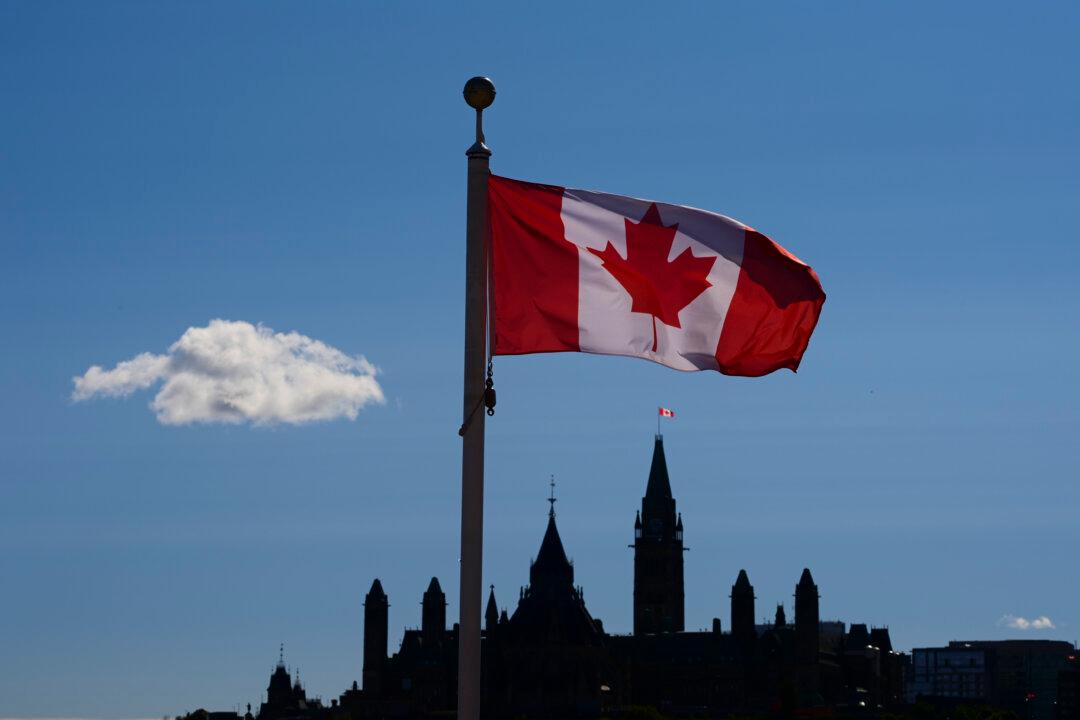The editor of a new book examining Canadian history says he wants to challenge the notion that Canada is a “genocidal” nation-state that deserves to have its historical figures cancelled.
“Why are we picking on people long dead, as opposed to trying to give them fair treatment or fair understanding and put things into context?” said Mark Milke, editor of “The 1867 Project—Why Canada Should Be Cherished, Not Cancelled.”





